1. Don’t Compare Chicago Pizza to New York’s
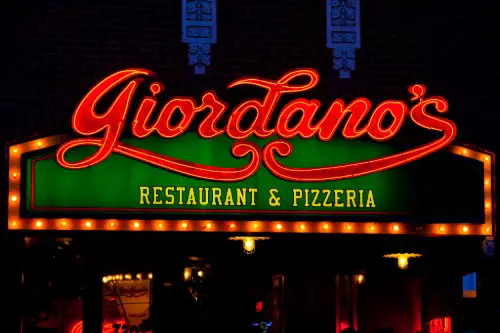
Bringing up New York pizza in Chicago is like talking Yankees in Boston — bold, but not wise. Chicagoans are deeply proud of their deep-dish style, and comparing it unfavorably to thin-crust is borderline heresy. Even if you personally prefer a slice you can fold, just keep it to yourself while you’re in town. They take their sauce-on-top tradition seriously.
This rivalry is part culinary pride, part civic identity, according to Jonathan Wolfe from The New York Times. Pizza is woven into Chicago’s food culture, and bashing it feels like bashing the city itself. Locals might laugh it off, but it hits a nerve. If you’re craving thin crust, maybe just find a spot that serves tavern-style and enjoy quietly.
2. Don’t Call It “Frisco” in San Francisco
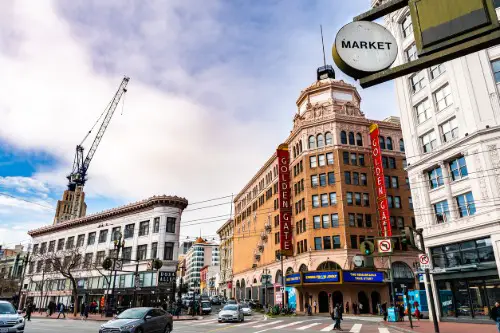
If you’re in San Francisco, calling it “Frisco” will earn you a look — or worse, a quiet judgment that lasts forever. Locals prefer “SF,” “The City,” or just “San Francisco.” The term “Frisco” was famously denounced by columnist Herb Caen, and that sentiment still lingers, according to Vinnee Tong from KQED. While tourists sometimes use it innocently, residents treat it like an outsider’s red flag.
The dislike has roots in a desire to distance the city’s cultural identity from Hollywood clichés and overused nicknames. Many long-time residents see “Frisco” as tacky or even disrespectful. It’s not exactly a deal-breaker, but it definitely makes people cringe. Best to avoid it unless you’re aiming for a quick exit.
3. Never Mention Moving to Austin for “The Vibe”
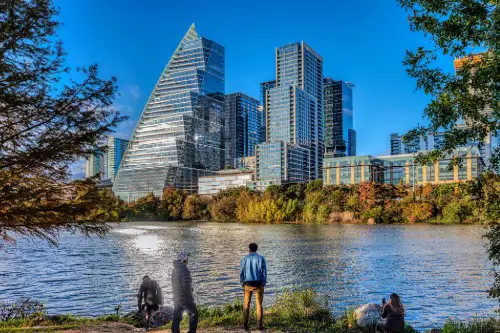
Saying you moved to Austin for the “vibe” or “weirdness” won’t win you any points with native Texans. The influx of out-of-staters has caused housing prices to spike and long-time residents to feel pushed out. Locals are protective of Austin’s unique culture and wary of newcomers who want the cool factor without the community investment. It’s a touchy subject.
“Keep Austin Weird” isn’t just a slogan — it’s a plea to preserve what makes the city different. When people flock there for Instagrammable brunch spots, it rubs the old guard the wrong way. So if you’ve recently relocated, maybe hold off on the “vibe” talk. Ask questions instead of making declarations.
4. Don’t Joke About Secession in Texas
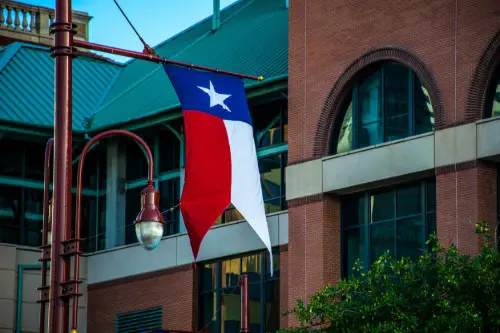
It might sound like harmless banter, but joking about Texas seceding from the U.S. is a line you don’t want to cross — especially in certain crowds. There’s a very real undercurrent of pride and independence in Texas, and even if you’re being sarcastic, some folks might not take it that way. For many, it taps into historical sentiments and political tensions, according to Alia Shoaib from Business Insider. So it’s more loaded than it seems.
Texans have a deep-rooted identity that blends state pride with a touch of frontier spirit. Comments about secession often fall flat or come off as mocking. You’ll rarely hear locals bring it up themselves, but you’ll absolutely feel it if you do. Treat it like a family inside joke — not yours to make.
5. Never Diss the Local College Football Team in Alabama
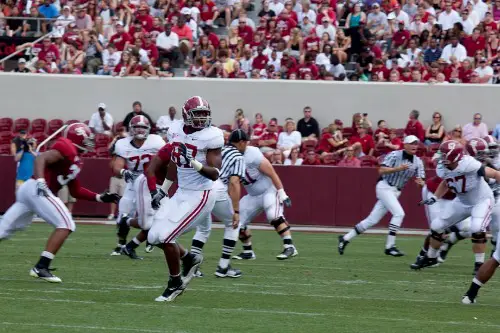
In Alabama, college football isn’t a sport — it’s a way of life, according to Bob Carlton from AL.com. Mentioning that you don’t care about Alabama or Auburn football is basically a social faux pas. Rivalries are deep, and loyalties are often inherited, not chosen. It’s one of those things where even casual comments can cause a stir.
People plan weddings, funerals, and births around game day. Flags fly in neighborhoods depending on who won the Iron Bowl. Outsiders might find it excessive, but for locals, it’s tradition. If you’re not a fan, that’s fine — just don’t say it out loud.
6. Don’t Assume Everyone in New England Likes Clam Chowder

It’s easy to think clam chowder is a beloved staple for all New Englanders — but not so fast. While it’s iconic, not everyone likes it, and some downright avoid seafood altogether. Still, it’s such a cultural symbol that saying you don’t like it feels borderline sacrilegious. You’ll almost never hear a local diss it outright.
The pressure to love chowder is real, especially if you’re a native. Many grin and bear it during family gatherings or town festivals. Disliking it out loud can make you feel like a traitor to your region. So people just nod, smile, and pass the bowl.
7. Don’t Mention Hurricanes Casually in New Orleans
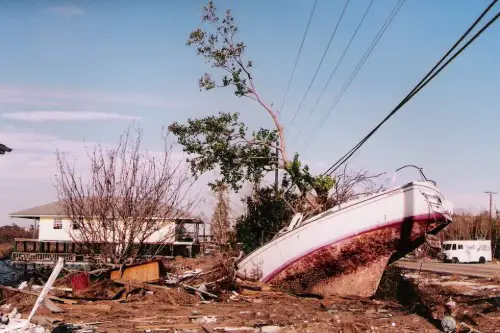
In New Orleans, hurricane trauma runs deep — and it’s not something you joke or speculate about lightly. Katrina left emotional and physical scars that haven’t fully healed, even decades later. Locals may not bring it up, but they remember it every time a storm brews. Talking about evacuations or property damage flippantly can strike a nerve.
The pain isn’t always visible, but it’s there in quiet moments and empty lots. Storm anxiety is a shared experience, passed from one generation to the next. Respecting that unspoken tension is part of being in the community. So it’s better to listen than to comment.
8. Don’t Claim You “Discovered” a NYC Neighborhood
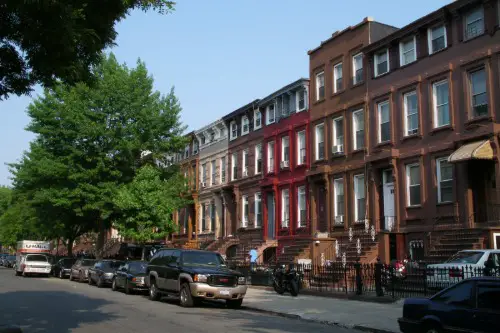
Saying you “found” a great spot in Brooklyn is a classic newcomer mistake. Locals know every block has generations of stories and struggle behind it. Gentrification is a sensitive topic, and talking like you’re Columbus isn’t the flex you think it is. It reduces real communities to trend pieces.
People in NYC have strong ties to their boroughs and corners. The history of neighborhoods like Bed-Stuy or the South Bronx can’t be summed up by a coffee shop. When newcomers talk like pioneers, it often reads as erasure. Appreciation is good — just skip the colonizer energy.
9. Don’t Knock the Rain in Seattle
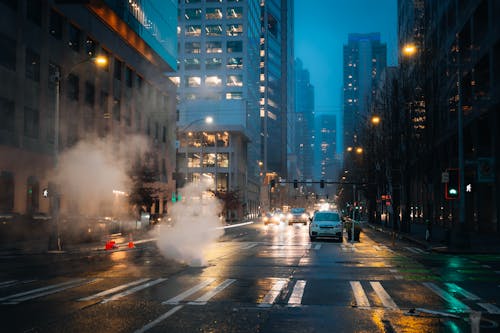
It’s okay to mention Seattle’s rain once, maybe twice. But if you go on about it, locals will check out — or check you. Most of them have made peace with the drizzle, and some even like it. Complaining about the weather constantly is a clear sign you don’t belong.
It also underestimates how much the grayness shapes local culture — from coffee shop vibes to the music scene. Rain is a backdrop, not a burden. Locals cope with layers and quiet pride. Whining about it just makes you sound soft.
10. Don’t Say “Y’all” in the South Unless It’s Natural
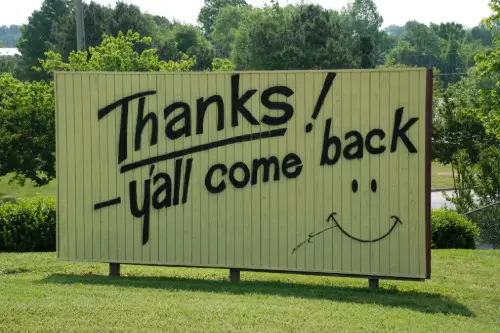
“Y’all” is more than just a word in the South — it’s linguistic glue. But when people force it, especially in a mocking or performative way, locals notice immediately. It’s better to speak how you naturally do than to fake it for charm. Respect beats mimicry every time.
That said, “y’all” is inclusive and warm when used sincerely. It’s not just regional slang — it’s a cultural cue. If it becomes part of your vocab naturally, that’s fine. But forcing it is the Southern equivalent of wearing cowboy boots to a rodeo without an invite.
11. Don’t Talk About Leaving Hawaii After a Week

Saying “I could never live here” while in Hawaii sounds harmless, but it hits wrong. It comes off as dismissive of the very real lives being lived beyond your vacation. Locals often deal with the consequences of tourism — high prices, housing shortages, and environmental stress. Flippant comments about leaving or feeling “island fever” miss that reality.
It’s also an outsider’s privilege to visit and judge from a distance. Hawaiians have a deep cultural connection to their land and communities. They don’t need reminders that people view their home as a postcard. If you’re visiting, gratitude goes a lot further than critique.
12. Don’t Call New Jersey “The Armpit of America”
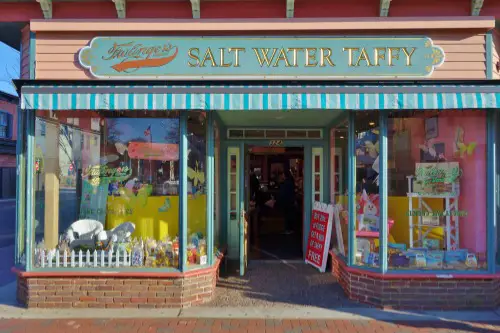
Yes, it’s been a running joke for decades, but to New Jerseyans, it’s tired and untrue. The state has beautiful beaches, rich history, and world-class food — all things locals are fiercely proud of. Constant digs from neighboring states feel like punching down. Even if they joke among themselves, outsiders don’t get that pass.
The “armpit” label originated from industrial zones, but that’s not the whole story. Towns like Montclair and Cape May offer a completely different vibe. When you reduce the entire state to a punchline, you’re ignoring the nuance. And people from Jersey have long memories.
13. Don’t Trash the Corn in Iowa
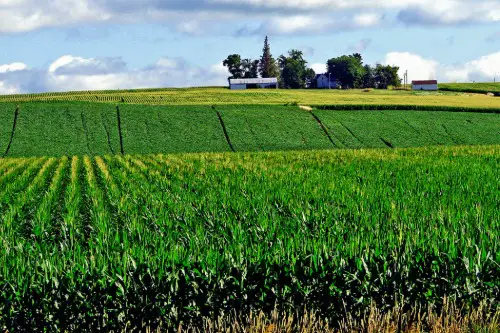
It might seem like a stereotype, but corn really is a big deal in Iowa — and not just for farmers. It’s an economic pillar, a cultural emblem, and yes, even a culinary point of pride. Locals know all the corn jokes, and they’re not amused when outsiders pile on. Especially when those same people can’t tell sweet corn from field corn.
Corn festivals, corn mazes, and state fair competitions are woven into life in the Midwest. Making fun of it is like mocking the family business. Iowans will smile politely, but they’ll clock your ignorance. Respect the corn, and the people who grow it.
14. Don’t Mention the M-Word in Boston (That’s “Mansfield”)
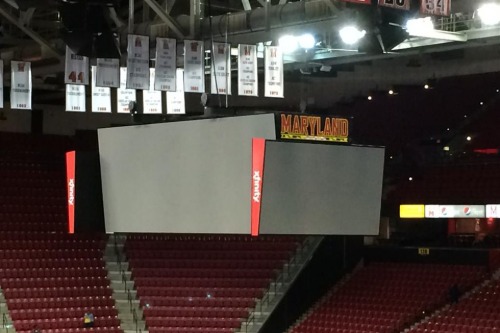
Mansfield, Massachusetts, home to the Xfinity Center, is technically outside Boston — and Bostonians want to keep it that way. Some folks from the suburbs claim “Boston” when they’re nowhere near the city proper. That rubs locals the wrong way, especially when it’s used to boost credibility or status. Geography matters here more than you’d expect.
Boston pride runs deep and territorial. If you’re from “just outside,” it’s better to say the actual town name. People take the Boston label seriously, and misusing it feels like name-dropping your cool cousin. You’ll earn more respect for honesty than stretching the map.
15. Don’t Mock Hunting in Rural Pennsylvania

For many Pennsylvanians, especially in rural areas, hunting isn’t just a pastime — it’s tradition, sustenance, and family bonding. Outsiders who joke about deer heads or camo culture are missing the point entirely. Hunting season is even recognized in some school calendars with time off. Mocking it can come off as tone-deaf and elitist.
It’s about more than sport — it’s about heritage. Venison feeds families, and stories get passed down from generation to generation. Whether or not you participate, respect is expected. Locals may not challenge you outright, but they’ll remember your tone.
16. Don’t Say “There’s Nothing in the Midwest”
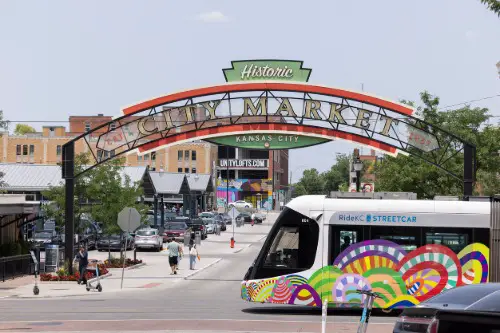
Claiming the Midwest is just “flyover country” is one of the quickest ways to offend someone from there. It dismisses a huge swath of American culture, industry, and history. Cities like Minneapolis, Kansas City, and Indianapolis have thriving arts scenes and diverse communities. Saying there’s “nothing” there just shows you’ve never looked.
Midwesterners are famously humble, so they won’t brag — but they do notice the slights. They’ve heard the jokes and rolled their eyes a thousand times. It’s better to ask about hidden gems than to assume there aren’t any. Because spoiler: there are plenty.


